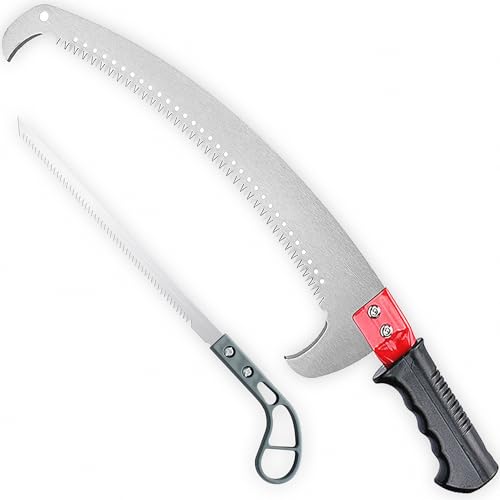Around Pa. the locusts die mainly because the Maples/oaks and ash just get bigger and shade them out. I love the stuff!! I love when people leave a giant chunk that surely looks rotten and soaked through. It can lay on the ground for years and look completely rotten and when you cut it up, 80% of the wood is hard. Just take your ax and bang off all the punk.
I leave dead locust stand as long as I can because in years of short supply its like seasoned standing fuel. If its hollow I may drill it to drain water out of it. I have a few dead ones that are standing that have been dead for 10 years plus.
Also around here, The pecker pole sized trees that are dead are often very shallow rooted. A chain on the back of the quad will often expose massive roots that easily add up to a couple wheel barrows full of really heavy and hard wood.
Another thing to watch out for when taking dead locust that is hollow. You may want to split it away from the house or even in the forest. Around Pa., I have found in the dead of winter it can be infested with thousands of Cock Roaches. I've found that out the hard way after I brought home a nice load that I eventually just ended up taking it back and dumping it and coming back with the splitter and a can of spray.
























































